A Great Budget Option!
Review Summary
The Colorful iGame GTX 1060 3GB has a stylish design, efficient cooling, and one-key overclocking. However, the absence of RGB lighting and SLI support may disappoint some users, and the 3GB VRAM limits high-resolution performance. Despite these drawbacks, it delivers satisfactory performance at 1920×1080 resolution, reaching a boost clock of 2101MHz during overclocking with a max temperature of 74°C.
Hours Tested: 18-20
Overall
-
Build Quality - 9/10
9/10
-
Performance - 9/10
9/10
-
Design - 8/10
8/10
-
Value - 7/10
7/10
Pros
- Aesthetically Pleasing Design
- Robust Cooling Solution
- One-Key Overclocking
- Silver Plating Technology
Cons
- Lack of RGB Lighting
- Limited VRAM
- No SLI Support
I will be looking at Colorful Igame GTX 1060 3GB. This is one beautifully designed card, we have a custom PCB, a 6-pin power connector, an iGame Full-armor backplate, Silver Plating technology, and one-key overclocking to name a few of the functional aspects. How has this card performed on our test bench? Let’s find out.
We have tested the Colorful Igame GeForce GTX 1050 as well.
Key Takeaways
- The Colorful iGame GTX 1060 3GB impresses with a symmetrical and aesthetically pleasing design, reminiscent of premium graphics cards from other brands.
- You should get the Colorful Igame GTX 1060 if you prioritize aesthetics and cooling efficiency in mid-range GPUs; value symmetrical design, effective cooling, and convenient one-key overclocking. Ideal for 1920×1080 gaming.
- You should not get the Colorful Igame GTX 1060 if you require RGB lighting or SLI support; anticipate high-res gaming. The 3GB VRAM limitation may impact performance in these scenarios.
- Why you can trust Tech4Gamers: We understand the importance of making informed decisions. That’s why our team spends significant time testing every product we review. Find out more about how we test.
Let’s first see the specifications!
| Product | Colorful Igame GTX 1060 3GB |
|---|---|
| GPU Name | GP106 |
| GPU Variant | GP106-300-A1 |
| Architecture | Pascal |
| Foundry | TSMC |
| Process Size | 16 nm |
| Transistors | 4,400 million |
| Density | 22.0M / mm² |
| Die Size | 200 mm² |
| Chip Package | BGA-2173 |
| Base Clock | 1506 MHz |
| Boost Clock | 1708 MHz |
| Memory Clock | 2002 MHz |
| Memory Size | 3 GB |
| Memory Type | GDDR5 |
| Memory Bus | 192 bit |
| Bandwidth | 192.2 GB/s |
| TDP | 120 W |
| Power Connectors | 1x 6-pin |
Packaging And Unboxing
The graphics card comes in a cardboard box retail pack.
Accessories
The following are provided with the box:
- Installation Disk
- Operation Guide
- A 6-pin PEG cable with two Molex connectors in case the PSU does not have a PEG cable. I don’t prefer this implementation. Cables are individually braided, which is a thumbs-up.
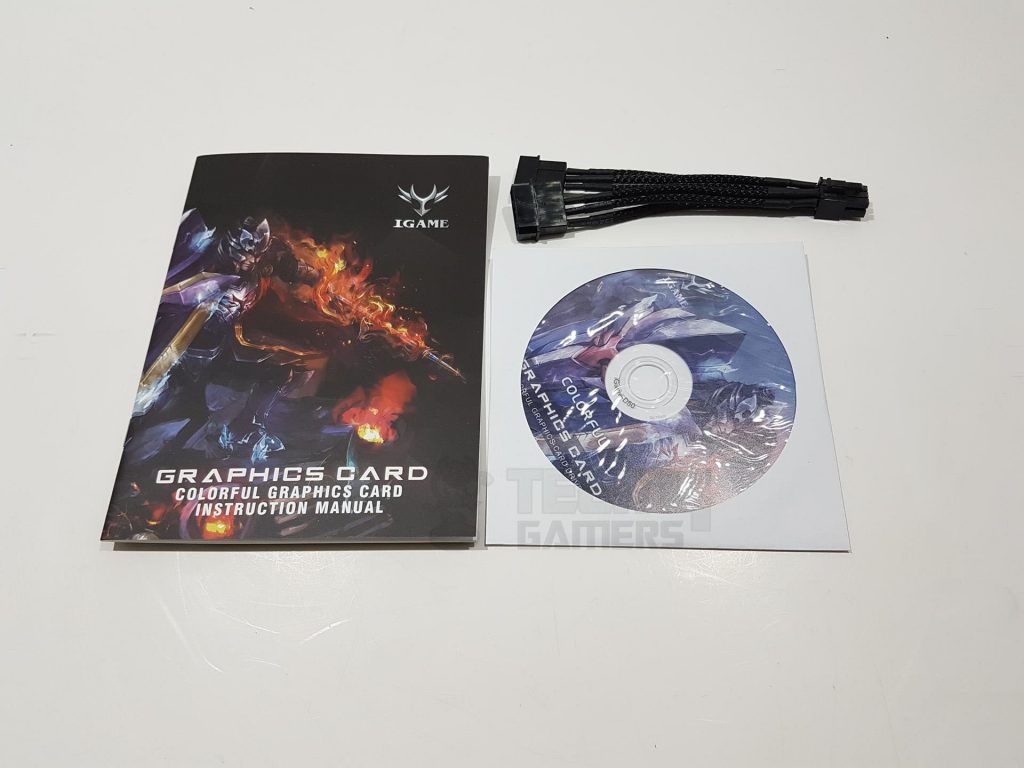
Closer Look
Let’s explore the card’s design. Unfortunately, I couldn’t inspect the circuitry due to source restrictions.
Front
The graphics card features a sleek Blaze DUO cooler with two 80mm fans, each with 9 impellers. The shroud, reminiscent of designs from Asus and Gigabyte, is made of quality plastic, exuding a premium feel.
Symmetry is maintained with two orange accent lines on each side, complementing the overall geometrical design. The middle section between fans showcases a captivating pattern with curves and edges. The right side boasts a bold finish with sharp edges and a triangular pattern. The fan impellers sport a subtle tinted brown shade for a touch of transparency.
Taking a deep dive into the cooling setup, I’m impressed with this card’s design. It sports a single aluminum heat sink and features two nickel-plated copper heat pipes, one beefy 8mm and the other a solid 6mm.
The copper base plate makes direct contact with both the GPU and VRAM, ensuring a thorough cooling solution. What caught my eye is the thoughtful design— the section of the heatsink over the GPU and VRAM is notably thicker than the area covering the power delivery circuitry.
Rear
Flipping the card over, that sleek black PCB caught my eye. The backplate, secured with seven screws, gives it a solid feel, but here’s the thing – taking it off requires removing the heat sink and fan shroud. What grabbed my attention, though, is that 4-pin white connector on the right, handling the fan power.
Now, for an interesting observation: on the rightmost side, there’s a silver plate under the heatsink, held in place by holes securing it to the shroud. What’s intriguing is the noticeable bend on the upper side. I’m left wondering if this is a quirk in the installation or a result of substantial pressure.
The backplate has the sleek iGame logo in white. Two stickers on top caught my attention; the right one features the model and serial number, while the second reveals manufacturing details and certifications.
There is a sticker pasted on the opening side of one of the spring-loaded screws. Tearing or removing it would void the warranty. In my opinion, companies should adhere to an open policy about putting a sticker on any of these screws. The power cable for the fan is being routed on the right side.
Top
Let’s take a look at the top side. There are two screws securing the shroud with the heat sink. The heat pipes are coming out of the heat sink. There is an IGAME brand logo and text pasted in the middle of the shroud for aesthetics.
This part does not have any LED. There are vents in the shroud’s body on the left and the right side of the text area. The 6-pin power header is on the right side of the PCB. The PCB has no SLI finger as Pascal-based GTX 1060 does not have SLI support.
I/O Shield
The I/O shield has a typical vented design.
The following connectivity options are available on this card:
- 3x DisplayPort 1.4
- 1x HDMI 2.0
- 1x DVI-D
I stumbled upon a cool feature – a Turbo button on the I/O shield. When I pressed it up, the card switched to OC mode, hitting 1771MHz with iGame’s One-Key overclocking.
What sets it apart is the silver plating tech in the PCB, surpassing traditional copper-based ones in stability – twice as reliable.
Inside, the 4+1 power phases of I.P.P Digital Power Supply ensure lower impedance, cooler temps, and minimal interference. It’s like having a performance powerhouse at my fingertips.
Testing
The following test bench setup was used to test the performance of the graphics card:
- Intel i7 6850k
- Asus Rampage V Edition 10
- Ballistix Elite 4x4GB @ 3000MHz DDR4
- Open Loop Setup using Swiftech and Alphacool goodies
- Corsair AX1200i
- Samsung 840 EVO 250GB SSD for OS
- Seagate Barracuda 2TB
- Asus VX24AH
Synthetic Benchmarks
As this is a 3GB version card, we have tested it for 1920×1080 resolution only. 2k and 4k scores have been mentioned as 0 in the graphs since we did not test the card at those resolutions.
Let’s take a look at the performance graphs:
Gaming Benchmarks
The games were tested at the maxed-out settings mentioned in the graphs as well. Microsoft Windows 10 x64 version 1709 was used. Nvidia graphics driver version 388.71 was used. FPS were monitored using MSAfterBurnerer 4.4.2 Game settings were set from within the games, not from the GeForce Experience.
All the reported framerates are average FPS. In case you are wondering why this old driver then it is for a reason that the other cards in the graphs were tested using these drivers and these cards are not available with us for testing with new drivers.
Let’s take a look at the performance graphs:
Overclocking
The card boosted to 1836MHz out of the box. During my overclocking session with this colorful igame GTX 1060 3GB card, it reached a 2101MHz boost clock with +225MHz on the core clock and +650MHz on the memory clock.
With a 100% voltage boost, the core clock was reaching 2101MHz easily but as the temperature started kicking the boost clock reduced to 2088MHz.
Here are the results of various testing frequencies and their results:
| Core Clock (MHz) | Memory Clock (MHz) | Voltage (%age) | Boost Clock (MHz) | Memory Boost Clock (MHz) | Test Result |
| +100 | +250 | 50 | 1965 | 4253 | Passed |
| +150 | +250 | 50 | 2025 | 4253 | Passed |
| +175 | +250 | 50 | 2038 | 4253 | Passed |
| +200 | +250 | 50 | 2063 | 4253 | Passed |
| +225 | +250 | 50 | 2088 | 4253 | Passed |
| +250 | +250 | 50 | 2114 | 4253 | Failed |
| +250 | +250 | 100 | 2126 | 4253 | Failed |
| +225 | +450 | 100 | 2088 | 4455 | Passed |
| +225 | +550 | 100 | 2088 | 4552 | Passed |
| +225 | +650 | 100 | 2088 | 4658 | Passed |
| +225 | +750 | 100 | 2088 | 4752 | Failed |
| +225 | +700 | 100 | 2088 | 4705 | Failed |
Synthetic Benchmarks With Overclocked GPU
Here are the results of the synthetic benchmarks with an overclocked graphics card:
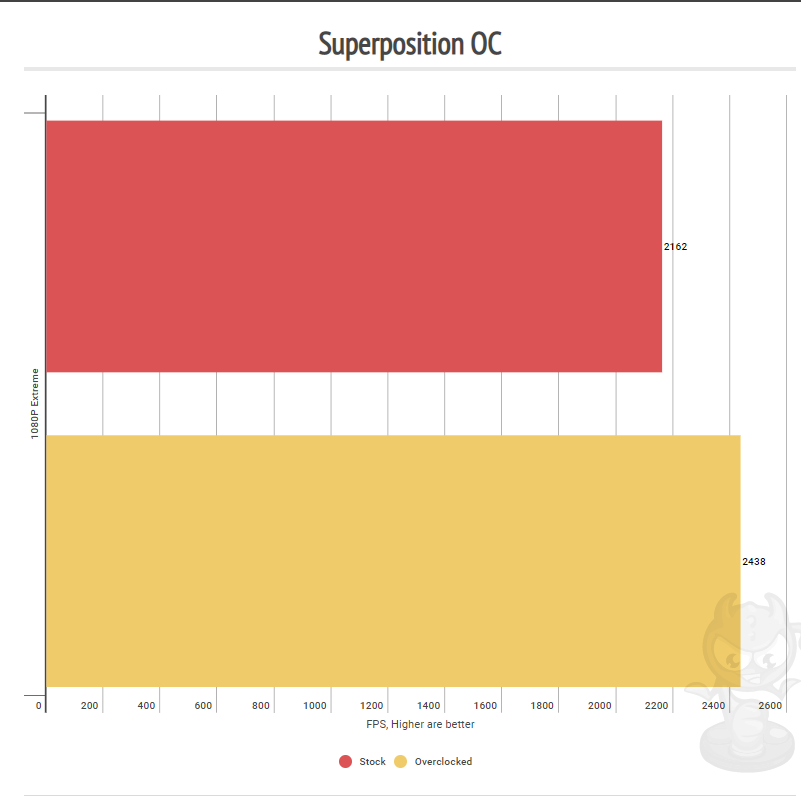
Thermals
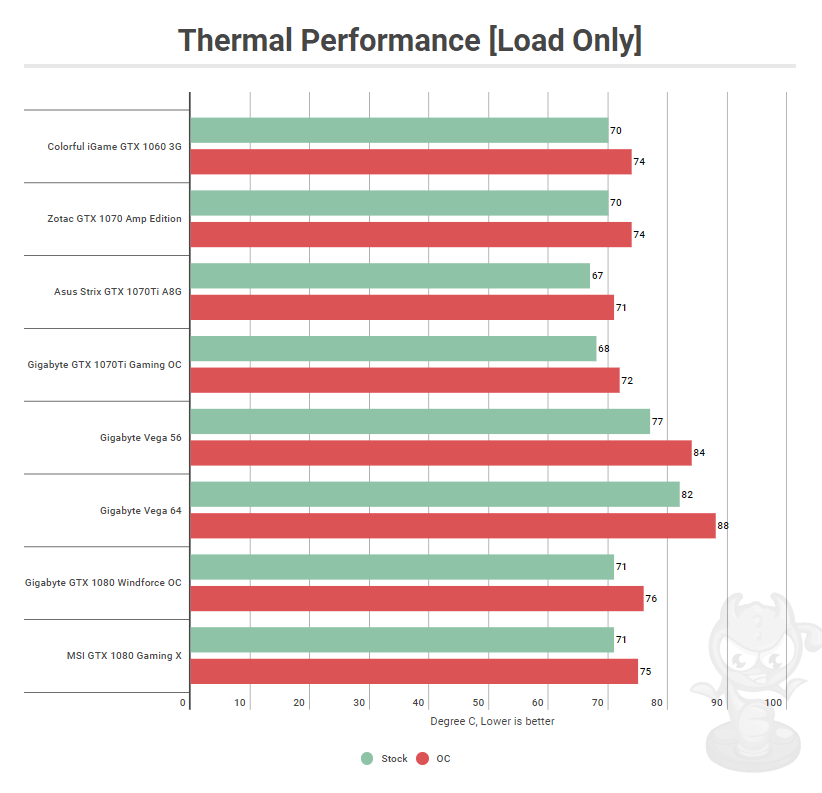
Room temp was 37°C at the time of the testing. In an open bench table, the maximum temperature hit by the graphics card was 70°C. With overclocking max temperature was 74°C. Mind you this temperature reading is taken after 15 minutes run of the Furmark and the CPU was also stressed test at the same time using AIDA64.
Acoustics
Fans were left on the default fan curve. We did not measure the acoustic performance as the summer season is at its peak here and certain environmental noises are beyond our control. Based on our experience with testing fans and graphics cards, the acoustics were at near silent levels.
Power Consumption
The Corsair AX1200i is a digital PSU with monitoring enabled on the power consumption. Corsair Link was used to check the power consumption under stock clocks and overclocked clocks. The Furmark and AIDA64 were run at the same time to check the power consumption of the system.

Should You Buy It?
Having completed my review of the Colorful Igame GTX 1060 3GB, who do I recommend it for?
Buy It If:
✅You prioritize aesthetics: The Colorful iGame GTX 1060 3GB stands out with its symmetrical and visually pleasing design, reminiscent of premium graphics cards from other brands.
✅Cooling efficiency matters to you: The graphics card features a robust cooling solution, including a single aluminum heat sink, nickel-plated copper heat pipes, and direct VRAM cooling, ensuring effective heat dissipation.
Don’t Buy It If:
❌RGB lighting is a must-have: The Colorful iGame GTX 1060 3GB lacks RGB lighting, so if customizable lighting is a priority for your setup, this card may not meet your aesthetic preferences.
❌You require SLI support: The card does not support SLI, which might be a consideration if you plan on using multiple graphics cards for enhanced performance.
Conclusion
In wrapping up the Colorful iGame GTX 1060 3GB review, the GPU stands out with its visually pleasing design, robust cooling solution, and innovative features like one-key overclocking. The symmetrical Blaze DUO cooler, nickel-plated copper heat pipes, and direct VRAM cooling contribute to efficient heat dissipation.
While the card impresses with its Full-Armor backplate and thoughtful design elements, such as the Turbo button for One-Key overclocking, potential buyers should note the 3GB VRAM limitation for high-resolution scenarios. The absence of RGB lighting and SLI support might be drawbacks for some users.
In terms of performance, the card delivers satisfactorily at 1920×1080 resolution, reaching a boost clock of 2101MHz during overclocking. The thermal performance is commendable, with a maximum temperature of 74°C under overclocked conditions.
In summary, the Colorful iGame GTX 1060 3GB is recommended for those who prioritize aesthetics and cooling efficiency in the mid-range GPU segment, keeping in mind the trade-offs in VRAM capacity and certain features.
Recent Updates
- December 28, 2023: A few text changes to improve readability.
Thank you! Please share your positive feedback. 🔋
How could we improve this post? Please Help us. 😔
[Hardware Reviewer & Editor]
Meet Nauman Siddique, a highly experienced computer science graduate with more than 15 years of knowledge in technology. Nauman is an expert in the field known for his deep understanding of computer hardware.
As a tech tester, insightful reviewer, and skilled hardware editor, Nauman carefully breaks down important parts like motherboards, graphics cards, processors, PC cases, CPU coolers, and more.
- 15+ years of PC Building Experience
- 10+ years of first-hand knowledge of technology
- 7+ years of doing in-depth testing of PC Hardware
- A motivated individual with a keen interest in tech testing from multiple angles.
- I majored in Computer Science with a Masters in Marketing
- Previously worked at eXputer, EnosTech, and Appuals.
- Completed Course in Computer Systems Specialization From Illinois Tech


 Threads
Threads
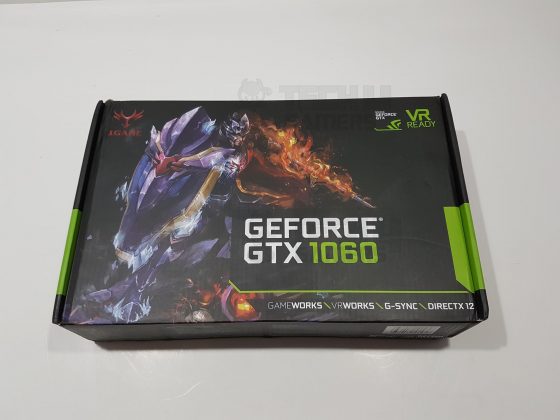
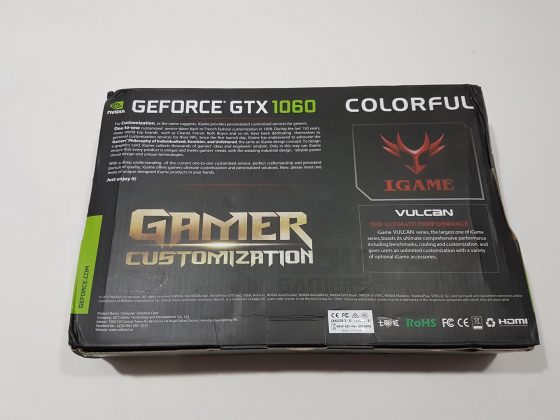
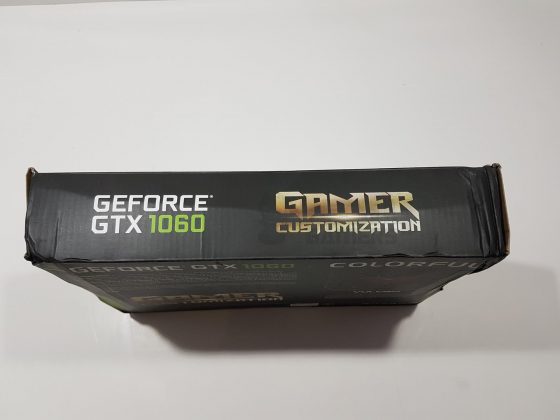
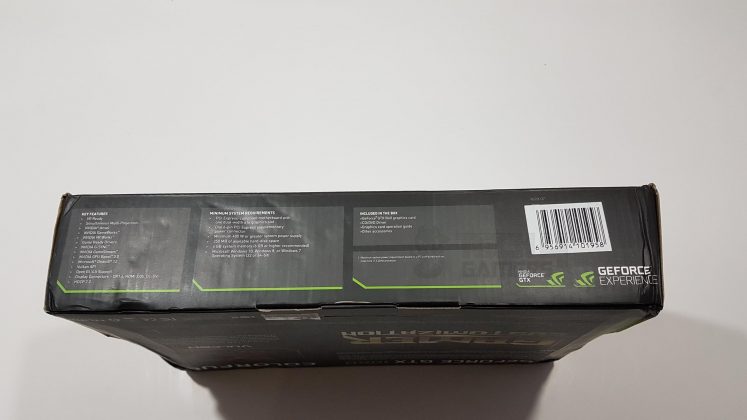
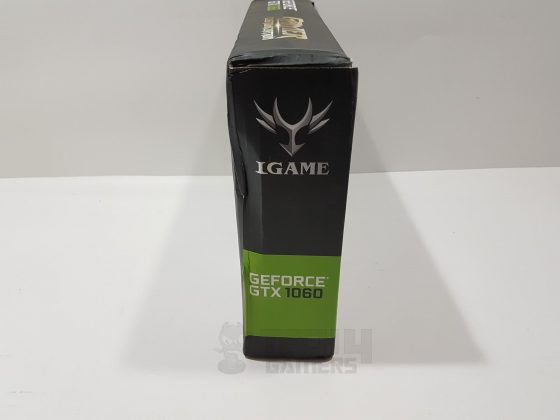
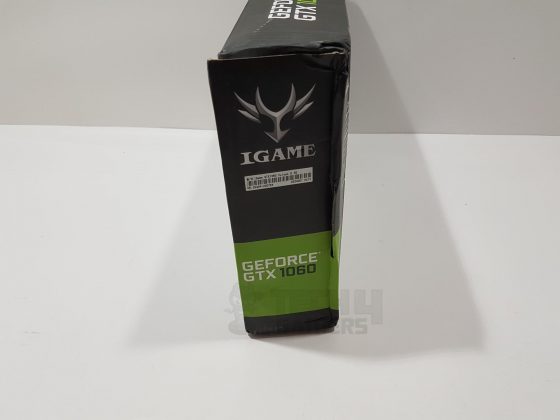
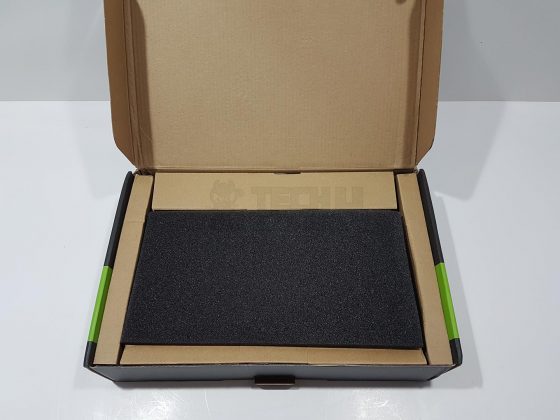
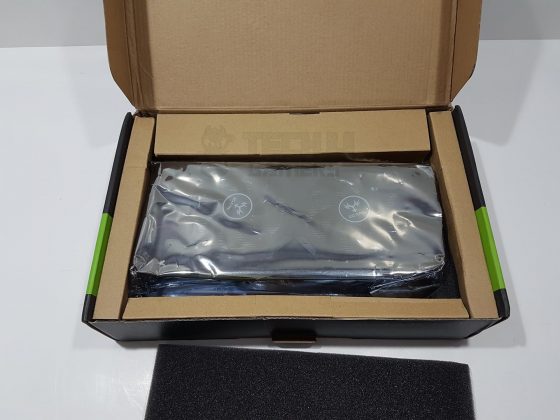
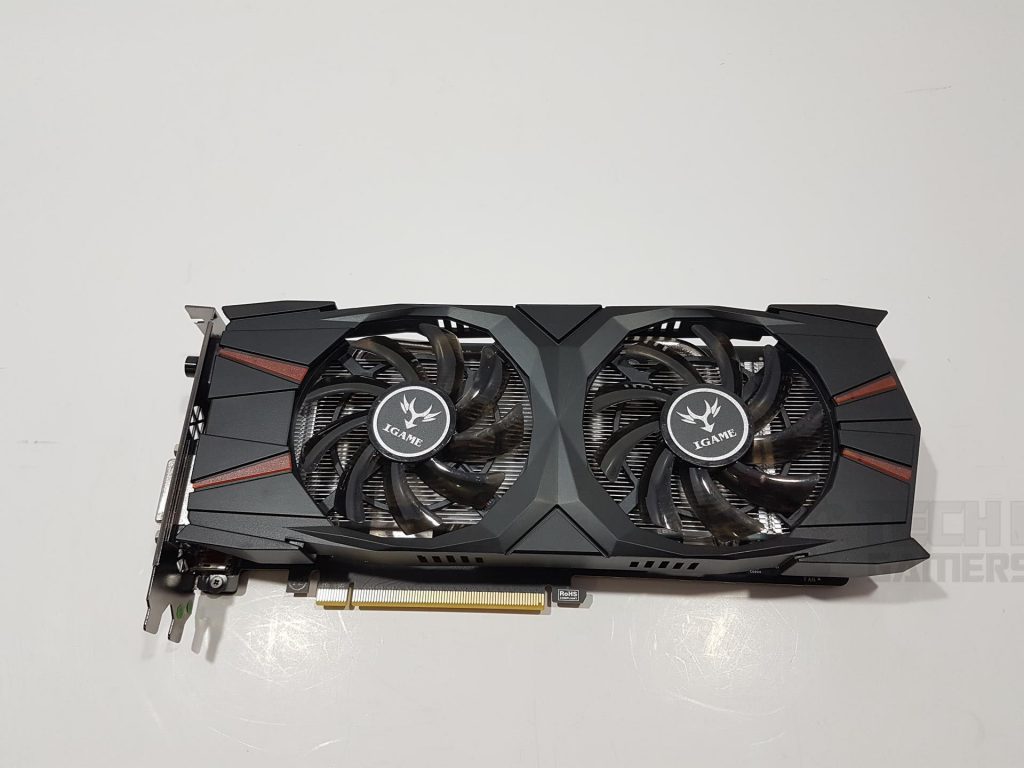
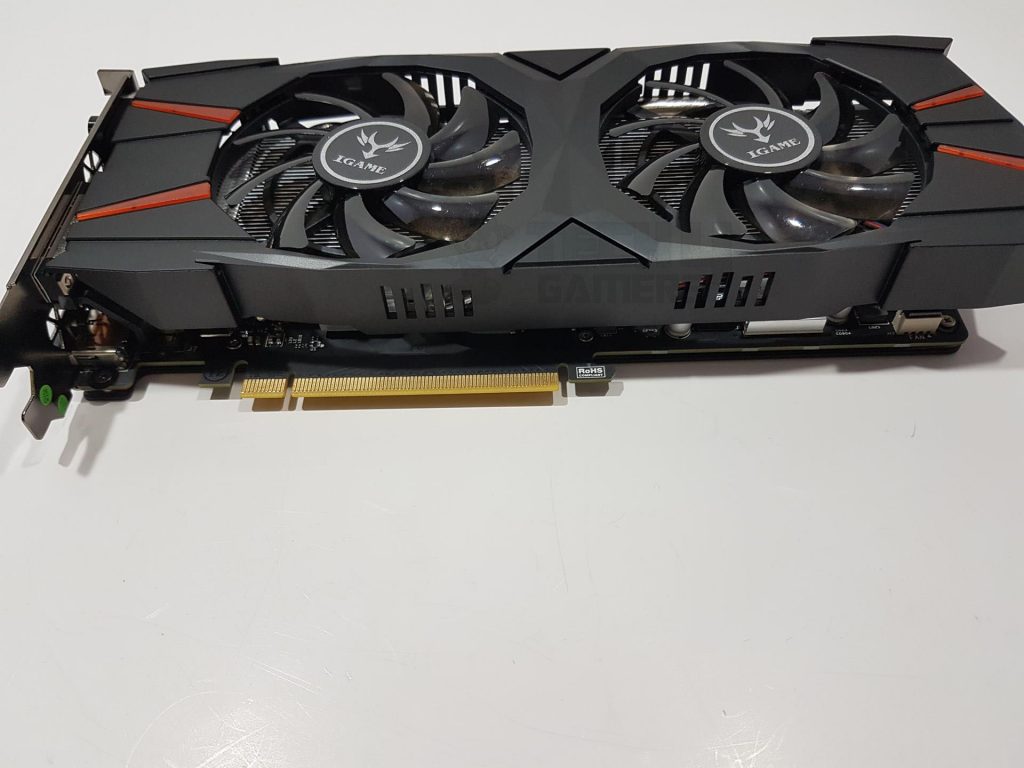
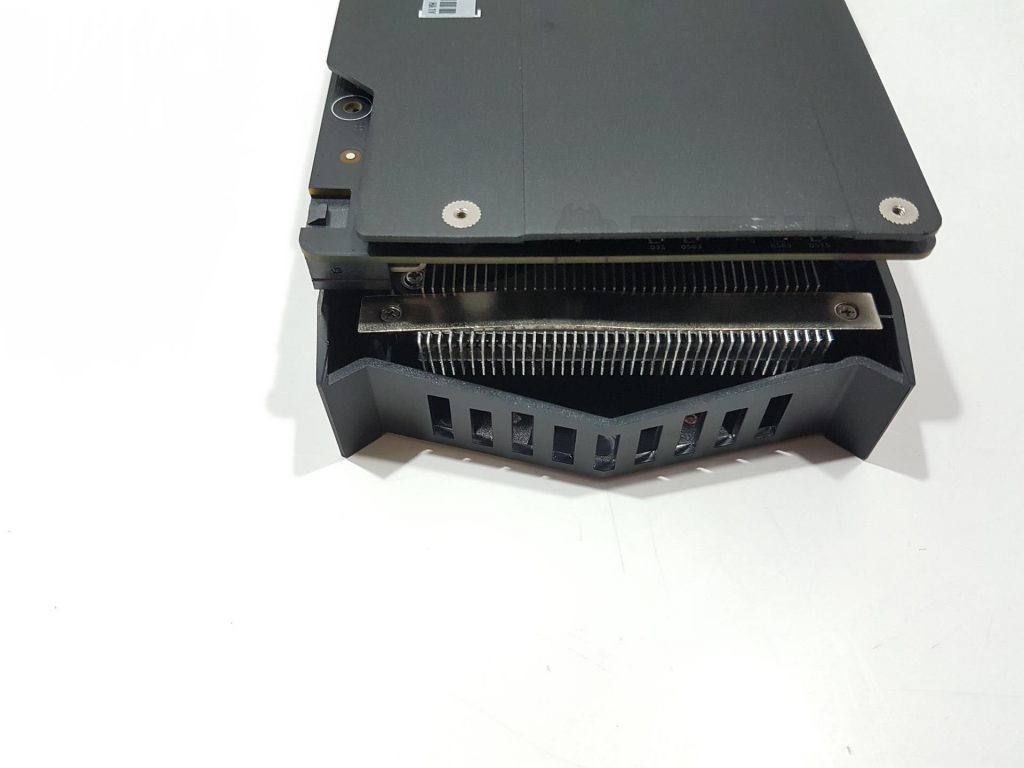
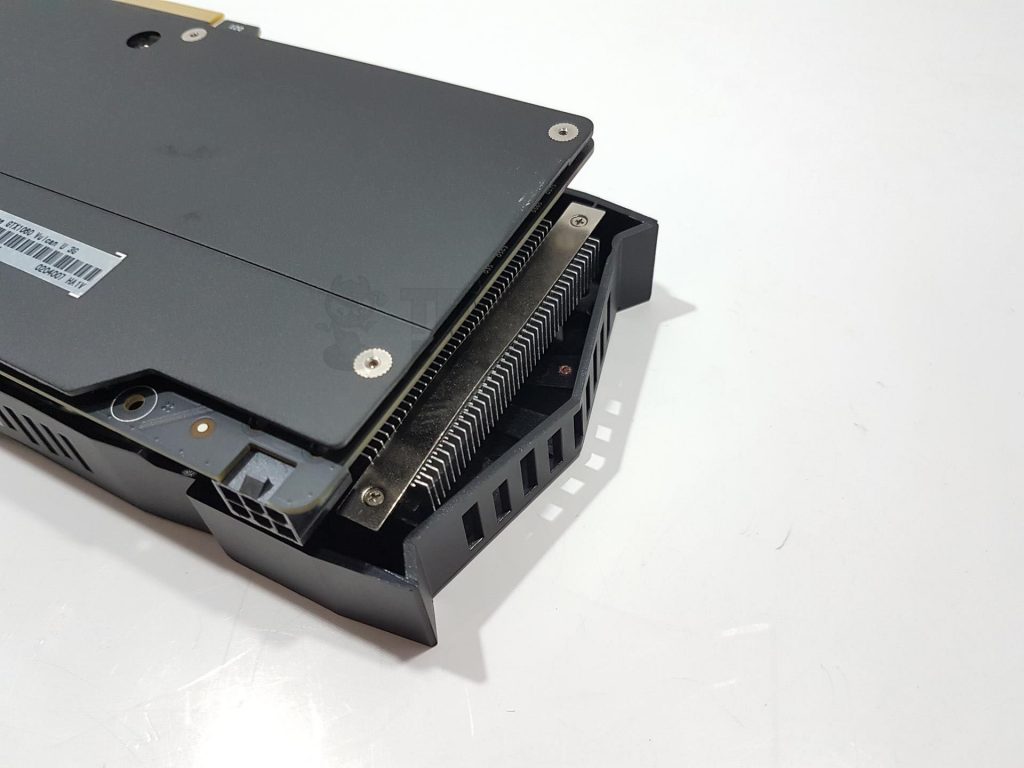
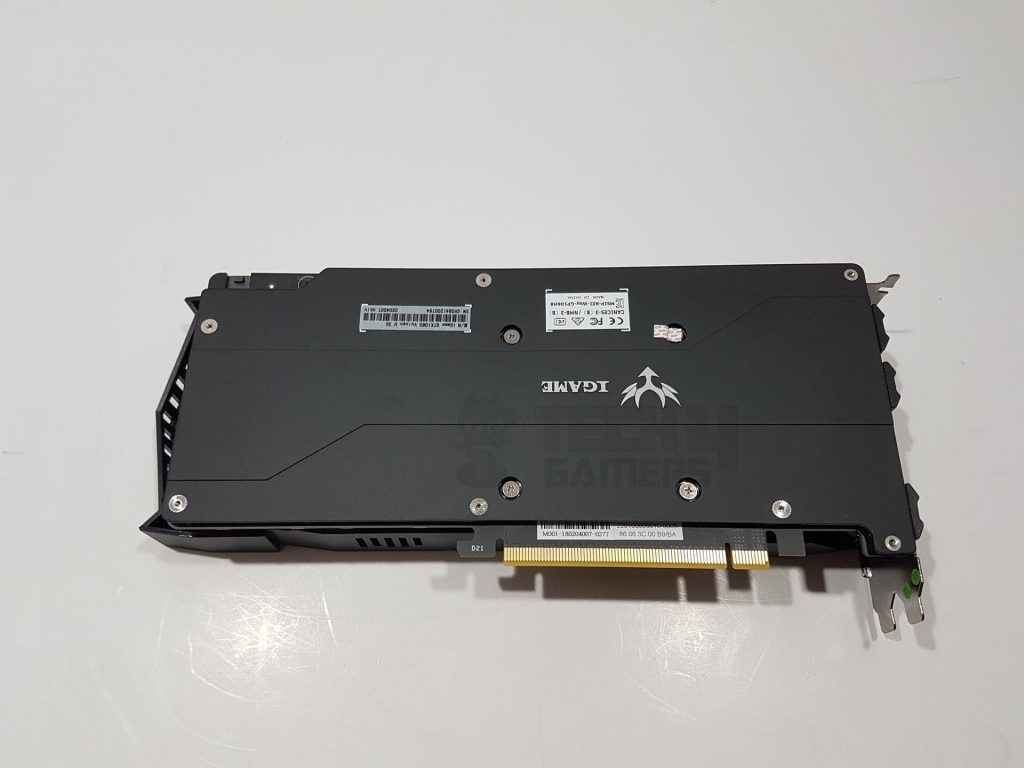
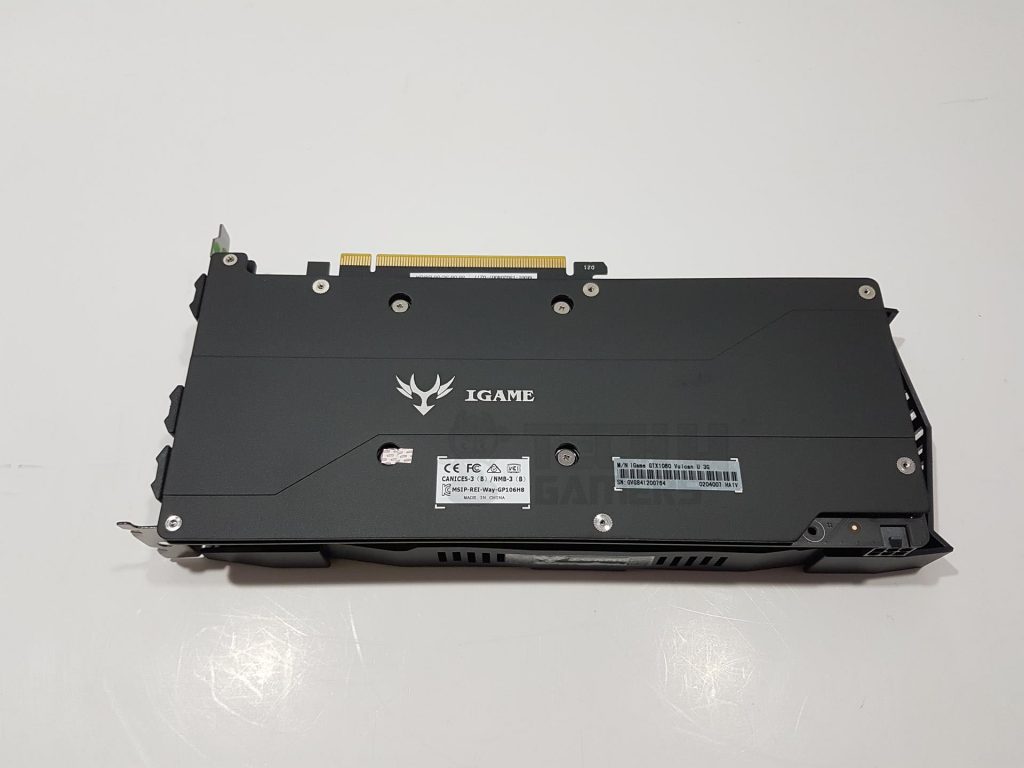
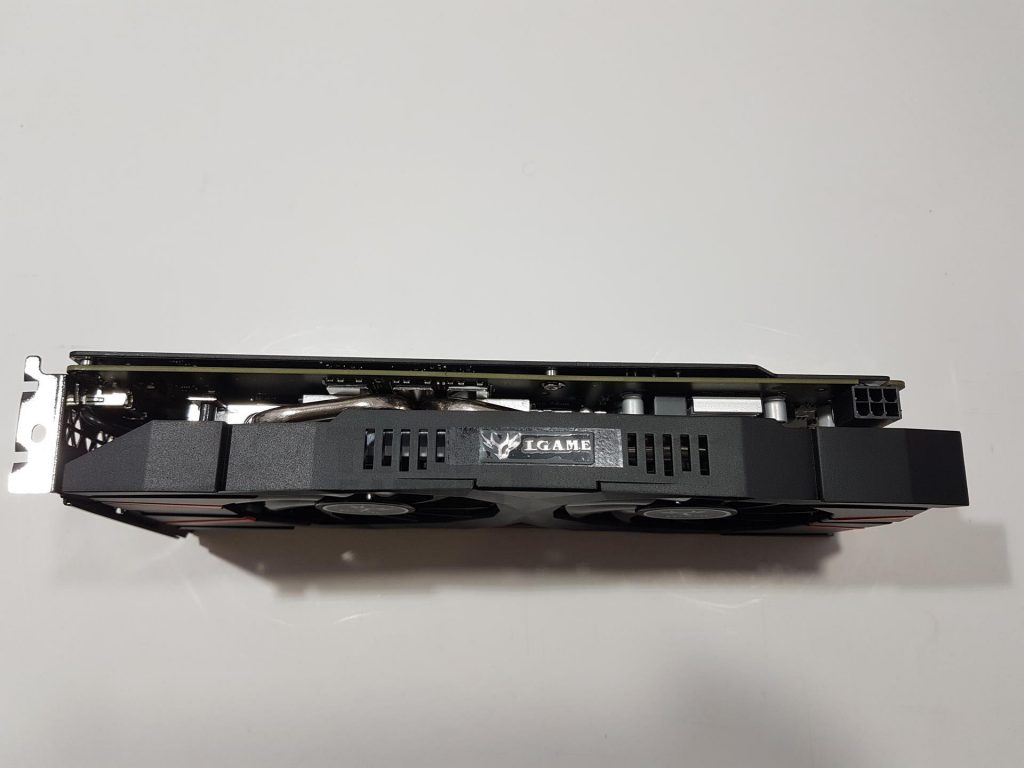
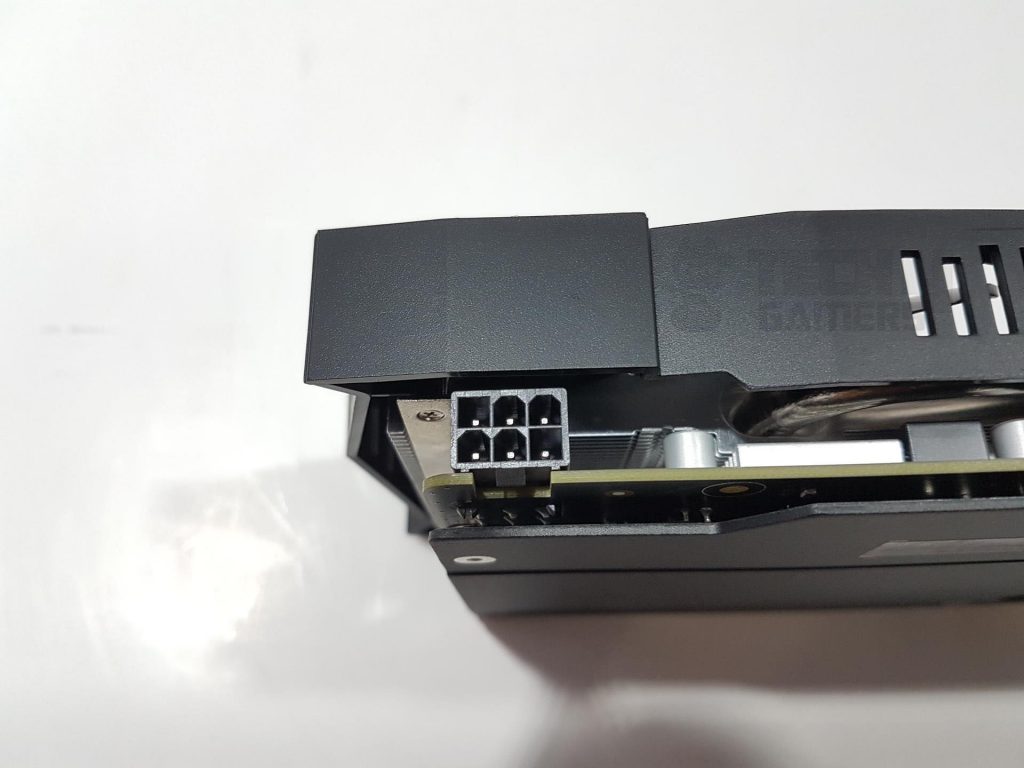
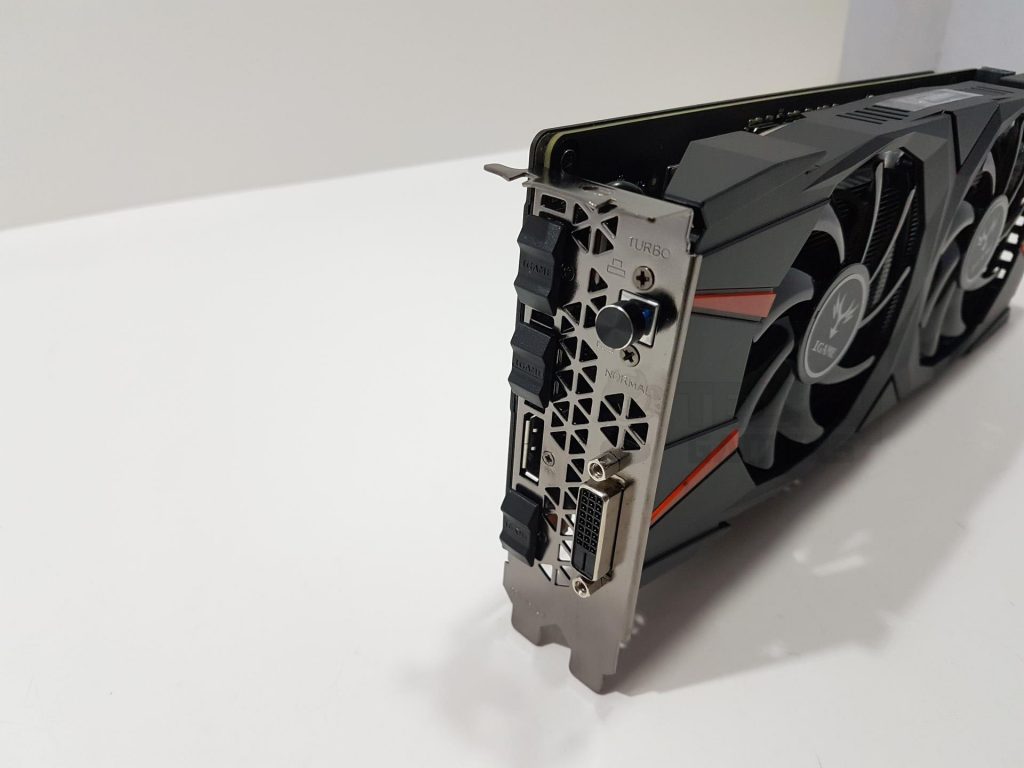
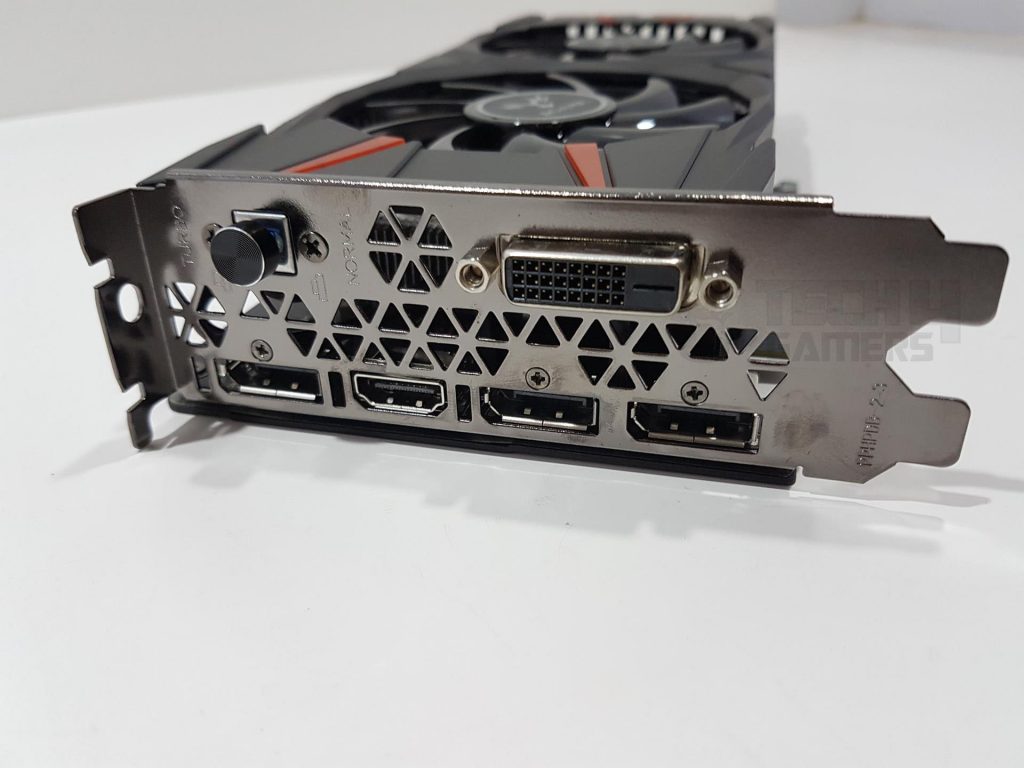
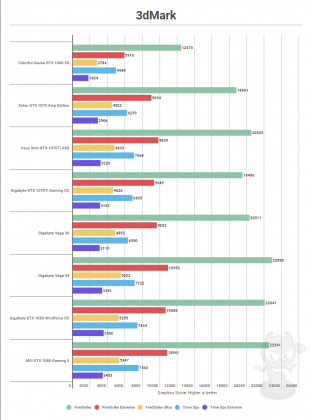
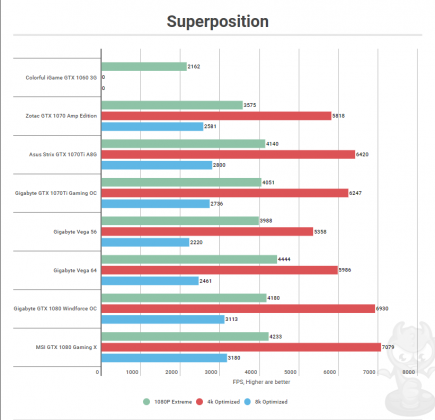
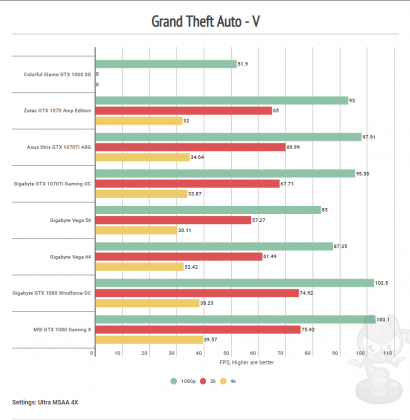
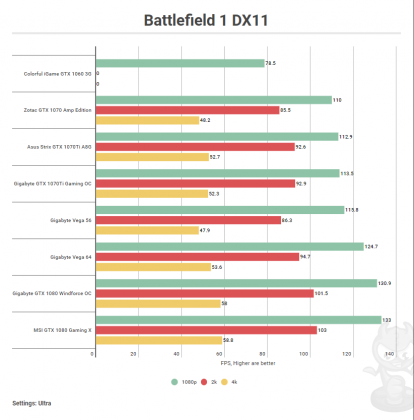
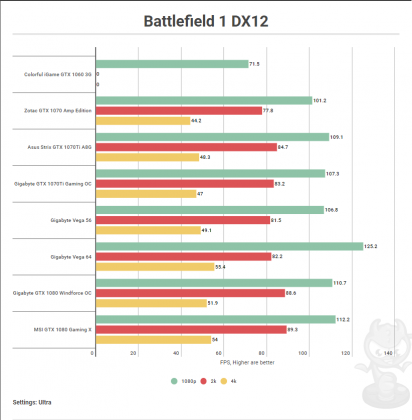
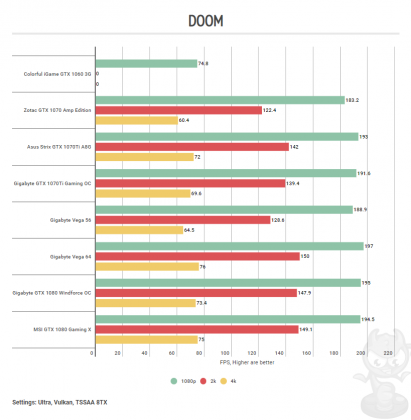
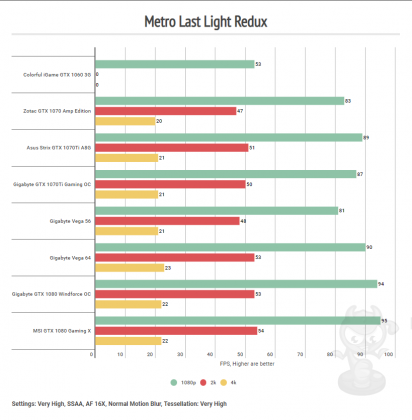
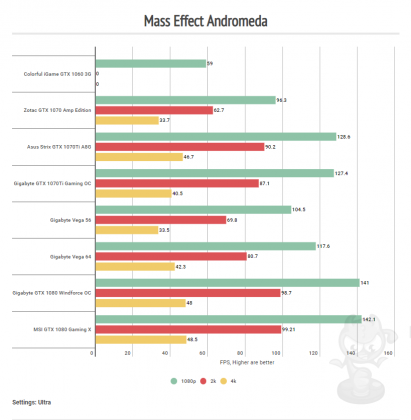
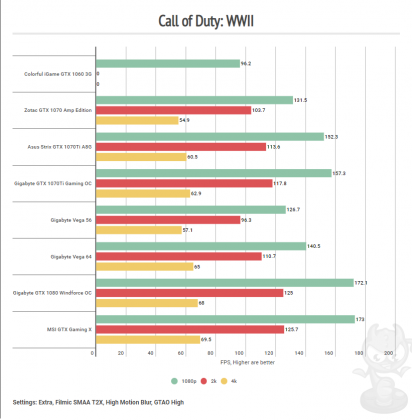
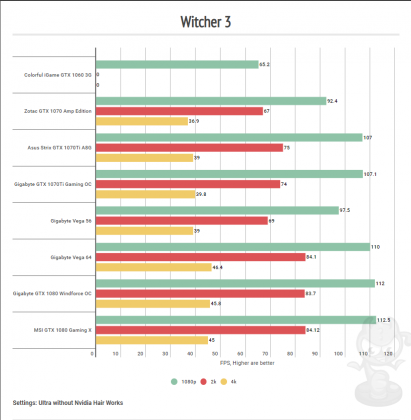
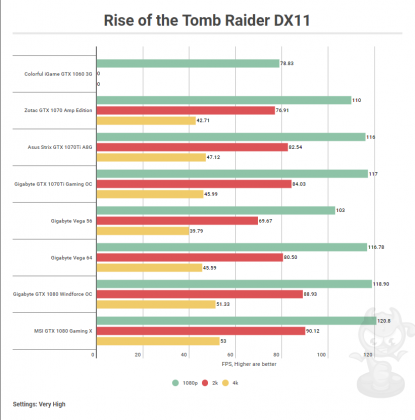
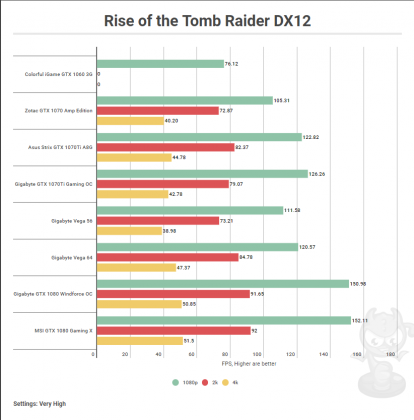


![5 BEST GPU For Core i7-13700K [Tested] Best Graphics Card For i7-13700K](https://tech4gamers.com/wp-content/uploads/2023/08/Best-Graphics-Card-For-i7-13700K-218x150.jpg)
![BEST RTX 4070 Ti Graphics Cards [Budget, Performance, & White] Best RTX 4070 Ti Graphics Cards](https://tech4gamers.com/wp-content/uploads/2023/01/Best-RTX-4070-Ti-Graphics-Cards-218x150.jpg)
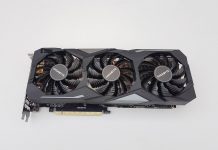
![BEST RTX 3050 Graphics Cards [Value For Money] Best RTX 3050](https://tech4gamers.com/wp-content/uploads/2022/07/Best-RTX-3050-218x150.jpg)